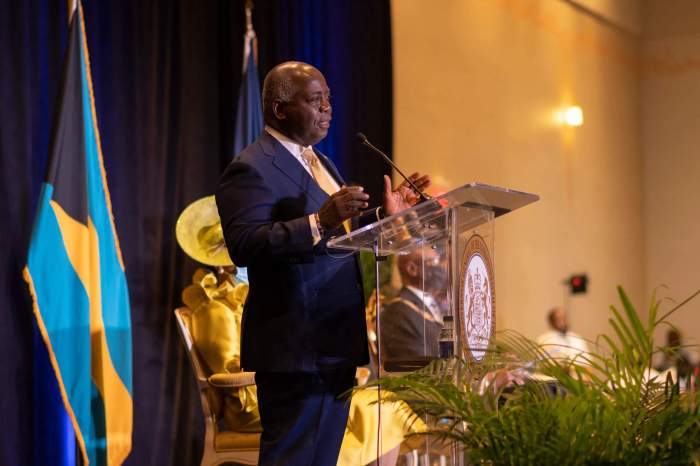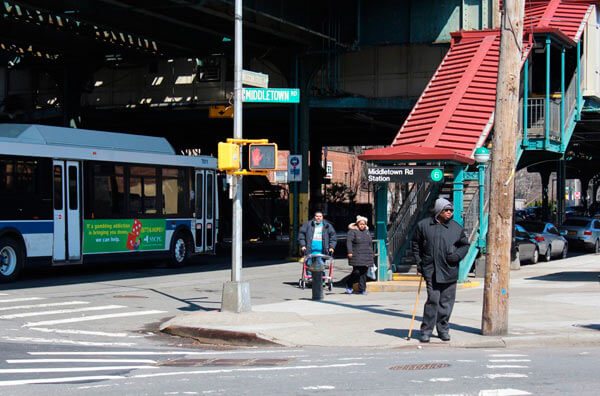There is no other country in the 15-nation Caribbean Community where it is more difficult for a foreigner, even a national from the region, to obtain permanent residency or citizenship than in the Bahamas.
The archipelago, a mere 50 miles off the Florida coast, has done all it humanely can to prevent foreigners from becoming too comfortable on the Family Islands, allegedly ‘from taking way jobs’ from locals and settling in there for lengthy periods.
Successive governments have also ensured that the Bahamas joined up as a member of CARICOM but have steadfastly avoided active participation in the single trading common market system largely because the country would have to sign on to the free travel components that come with single free trade membership. The fear is that Caribbean neighbors would come in droves and disrupt lives.
Free travel means that CARICOM nationals, for example, would have the right to live and work, establish businesses, bring family members and even their own staff as specified in the revised Treaty of Chaguaramas that governs things CARICOM.
So in recent weeks, authorities have moved to make some very important changes to Bahamian immigration laws that could now make it easier for foreigners, and even children born to Bahamian parents outside of the country to become citizens.
One key recommendation authorities are toying with is to give local women the same rights to pass on citizenship to children born to foreign fathers.
More than a year ago, the administration of previous Prime Minister Perry Christie had taken the issue to a referendum of citizenship rights and entitlements to a referendum, asking Bahamians to indicate whether they want the country’s highly insular laws to be amended or for those on the books to remain as they are.
A key component of that referendum attempt had to do with the fact that it is mighty easier for a Bahamian male to pass on citizenship to a child rather than a female. Critics say the attempt failed, in part because Christie’s government had by then become unpopular and was eventually emphatically voted out of office.
The idea is now, Prime Minister Hubert Minnis says, is for the status of the children act to be amended to allow unmarried men living in the Bahamas and foreign women automatic rights to citizenship. The nationality act is also being looked at in what officials are saying is the most comprehensive attempt to deal with an issued that has dogged successive administrations for decades.
Bahamians have been very protective of their citizenship, fearing that if qualification is made easier, the island chain could be overrun by people from all over the world, especially poor people from neighboring Haiti who often wash up on shore in rickety vessels seeking a better life.
Immigration officials estimate that there are about 75,000 Haitians living on various islands, most of them illegally. They account for about 23 percent of the population. There are also thousands of others from other Caribbean sister states, including hundreds of Jamaicans, Guyanese, Trinidadians and others, working as teachers, police officers and other professionals.
Bahamians often say they fear being overrun by the ‘poorer people’ from the south Caribbean.
A recommendation in the proposed amended laws would allow children of unwed Bahamian fathers with foreign mothers and married women living abroad automatic entitlements to citizenship once they fill in the necessary documents and have no felony convictions.
The current laws also make it harder for women with foreign spouses to onpass citizenship to children whether they were born in the Caribbean or Timbuktu.
“My government will make changes to the immigration act to ensure that all children born to Bahamian women, single or married, out of the Bahamas are automatically conferred citizenship,” a defiant PM Minnis said recently.


















